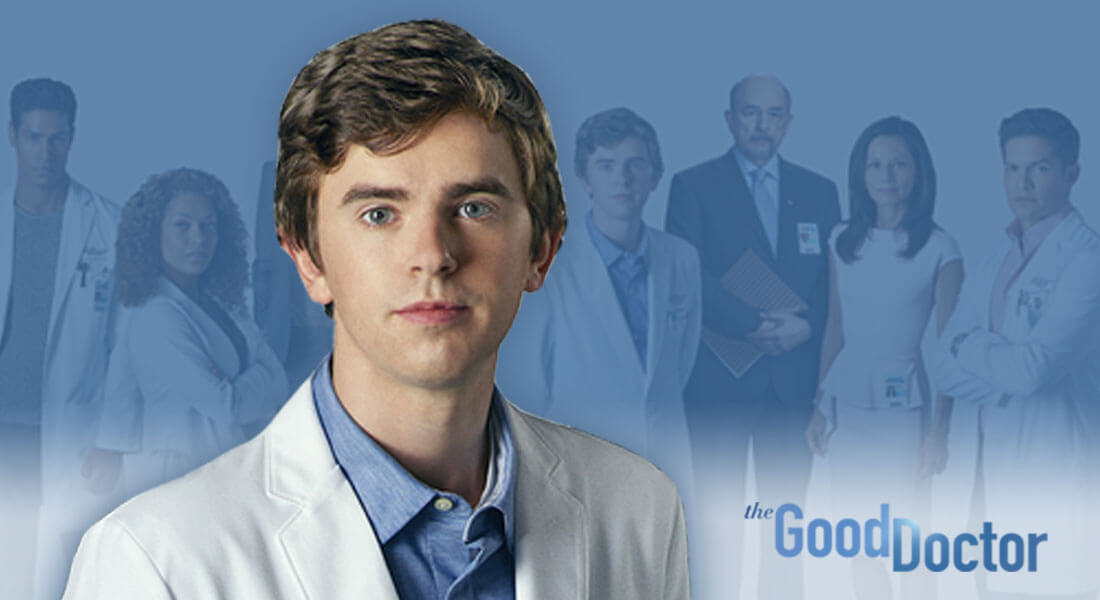'The Good Doctor' Tackles Myth that Individuals with Autism Lack Intimacy
October 15, 2018
October 15, 2018

If you’re an autism parent, you know there are dozens of misconceptions flying around about the diagnosis. One of the biggest falsehoods is that individuals on the spectrum cannot experience emotions, intimacy or relationships. We love to see the truth about autism spectrum disorder (ASD) portrayed in the media (even when it’s fiction!), which is why we’ve been pretty attached to season two of ABC’s ‘The Good Doctor.’
Spoiler alert: Make sure watch last week’s episode three
of ‘The Good Doctor’ before reading on
This season has gone even deeper than the first into Dr. Shaun Murphy’s relationships – with his mentor, Dr. Aaron Glassman; his friend, Dr. Claire Brown; and now his love interest, Lea, came back into the picture.
It’s clear he feels emotion and craves these relationships, even if he isn’t always quick to realize it or voice it. During the most recent episode, he happily attends to work with a smile – after a change in routine, no less! – once Dr. Glassman’s surgery was deemed a success. He seeks out Claire for advice on how to approach his situation with Lea. And we see his follow-up avoidance to his confrontation with Lea in the previous episode, in which he told her how she hurt him by leaving.
Even after all this time that he’s struggled to show and work through these feelings, just like anyone else, there is still one problem – some of those around him continue to doubt his capability to experience intimacy, solely because of his diagnosis. Case in point: Dr. Morgan Reznick.
Regarding his friendships with Lea and Claire, Morgan tells him, “They take you seriously as a doctor, but not as a man.”
Based on what we know, this seems like it’s an unfair, hurtful characterization, and it affects Shaun. Even when he responds by stating that he shared a kiss with Lea, Morgan tells him, “it was a pity kiss.”
In the end, Shaun connects with Lea, despite Morgan’s comments, and we see that she has feelings for him too, as expected.
We admit, it can be more difficult for individuals with autism to understand and share their emotions, which is one of the things we try to work on in therapy. In addition, they may have other challenges that can also get in the way of holding relationships. But as we may begin to see on ‘The Good Doctor,’ it is also possible for many to work through it and carry on different types of successful relationships, with the right people, of course.
What do you think? Is your child able to get close to others? How have you seen him or her experience emotion and what are the challenges? Please feel free to share your stories with us and other parents on our Hopebridge Facebook page.
Autism in Entertainment
March 05, 2018
Hopebridge’s Lessons from ‘The Good Doctor:’ Making Friends
Autism in Entertainment
January 28, 2018
Hopebridge’s Lessons from ‘The Good Doctor:’ Social Cues
Autism in Entertainment
February 25, 2018
Companies Diversify Talent by Seeking Employees with Autism and Special Needs